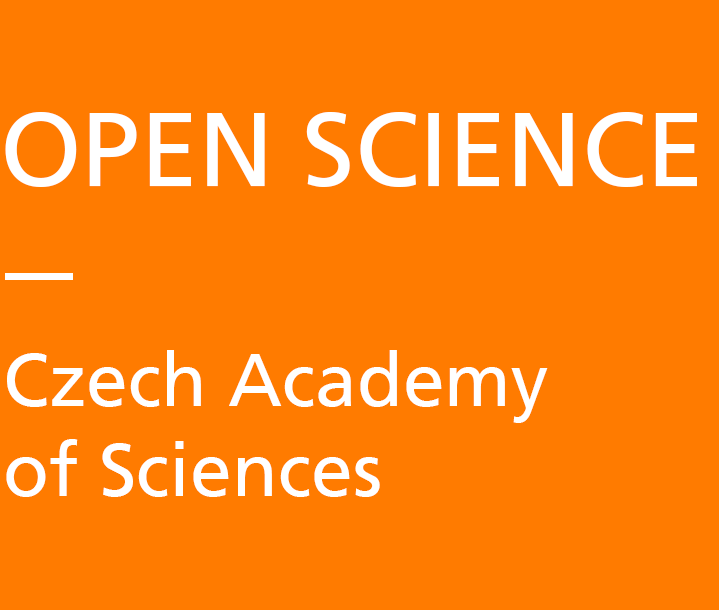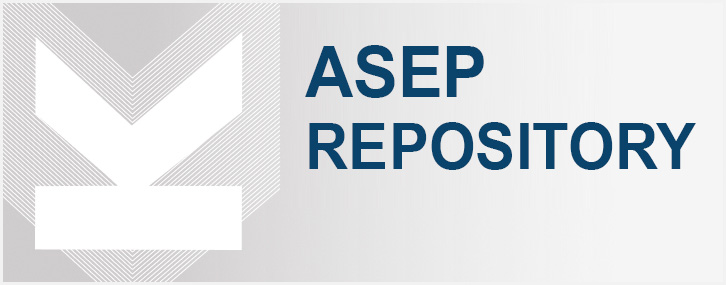The Value of Open Science: A Case Study Analysis
Is investing in open science infrastructure worth it? This is the question addressed in Deliverable D4.4 of the European PathOS project, which assesses the costs and benefits of two established open science tools: UniProt and RCAAP.
PathOS (Open Science Impact Pathways) is a Horizon Europe-funded project aiming to understand how open science practices generate impact – scientific, societal, and economic. Based on case studies and the development of a methodology for tracking and evaluating such impact, the project supports informed decision-making on investments in open science.
The two cases analysed are UniProt, a globally used and expertly curated protein knowledgebase that is essential for biomedical and biotechnological research, and RCAAP, the national network of open research repositories in Portugal. Although these tools differ in scope and target audience, both provide a clear net benefit to their users.
The analysis is based on a robust methodology combining cost-benefit analysis (CBA) with impact pathways, which capture broader contexts and long-term effects. The authors used surveys, in-depth interviews, focus groups, citation and patent analyses, and desk research using publicly available data. This multidimensional approach made it possible not only to quantify specific savings and benefits for users and institutions, but also to reveal broader impacts on science, society, and the economy.
UniProt significantly accelerates research thanks to its high-quality, expert-validated annotations and effective integration with other bioinformatics tools. It plays a key role in driving innovation in biotechnology, healthcare, and drug development. RCAAP, on the other hand, supports the efficient management and visibility of research outputs in Portugal – primarily through shared infrastructure, centralized access, and reduced administrative burden.
The study also shows that the true value of open science tools lies not only in making data accessible, but especially in the curation, quality management, integration, and coordination of that data. These factors significantly enhance the usability and societal impact of open data resources.
The findings help funders and policy-makers make better-informed decisions about where and why to invest – particularly important at a time of growing emphasis on transparency and measurable impact of public research funding.
In short: UniProt and RCAAP demonstrate that open access is just the beginning. Real value comes from effective infrastructure that boosts usability, saves time, and delivers tangible benefits for science and society alike.
The full report is available here.
Last updated on July 28, 2025


